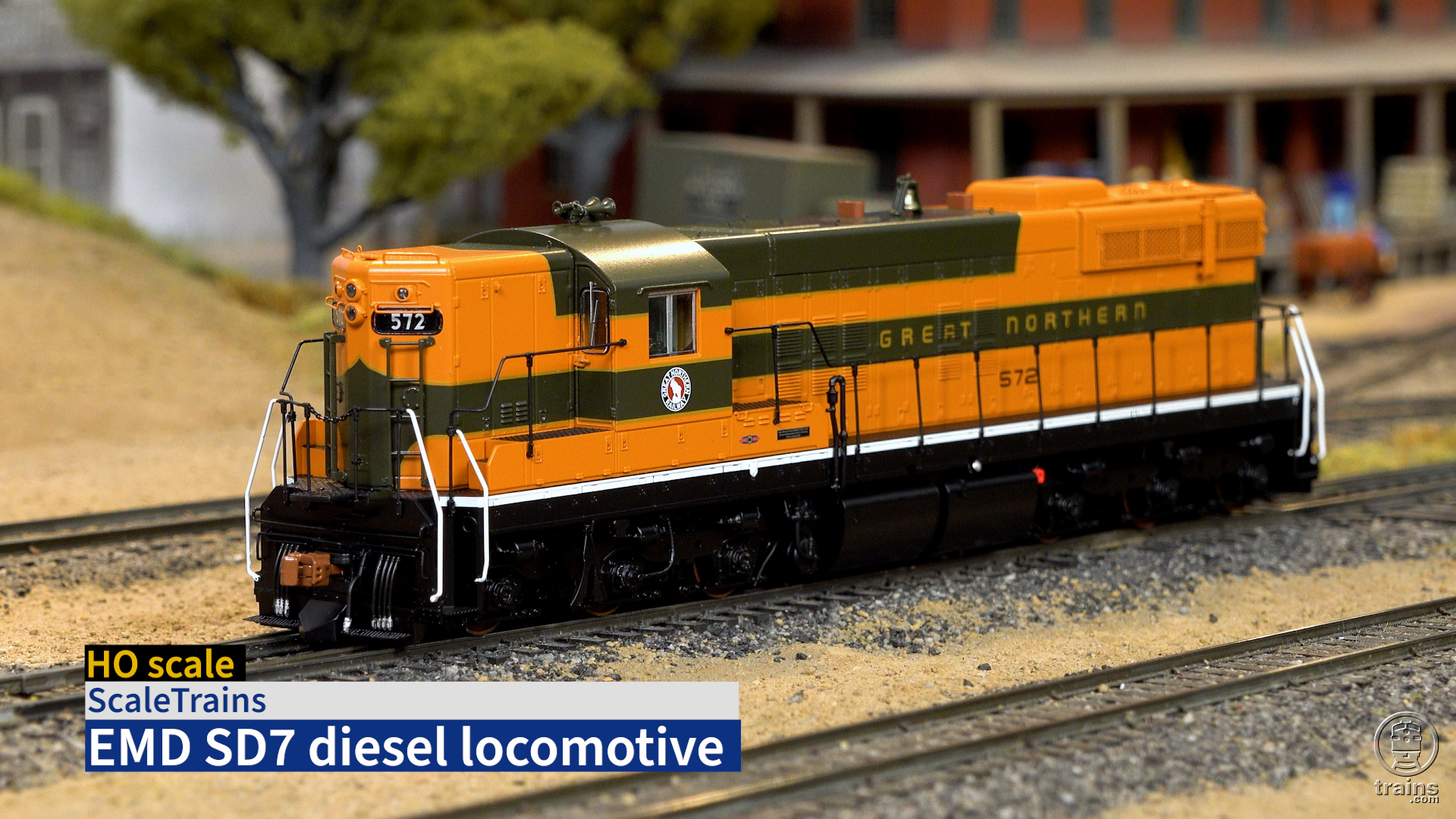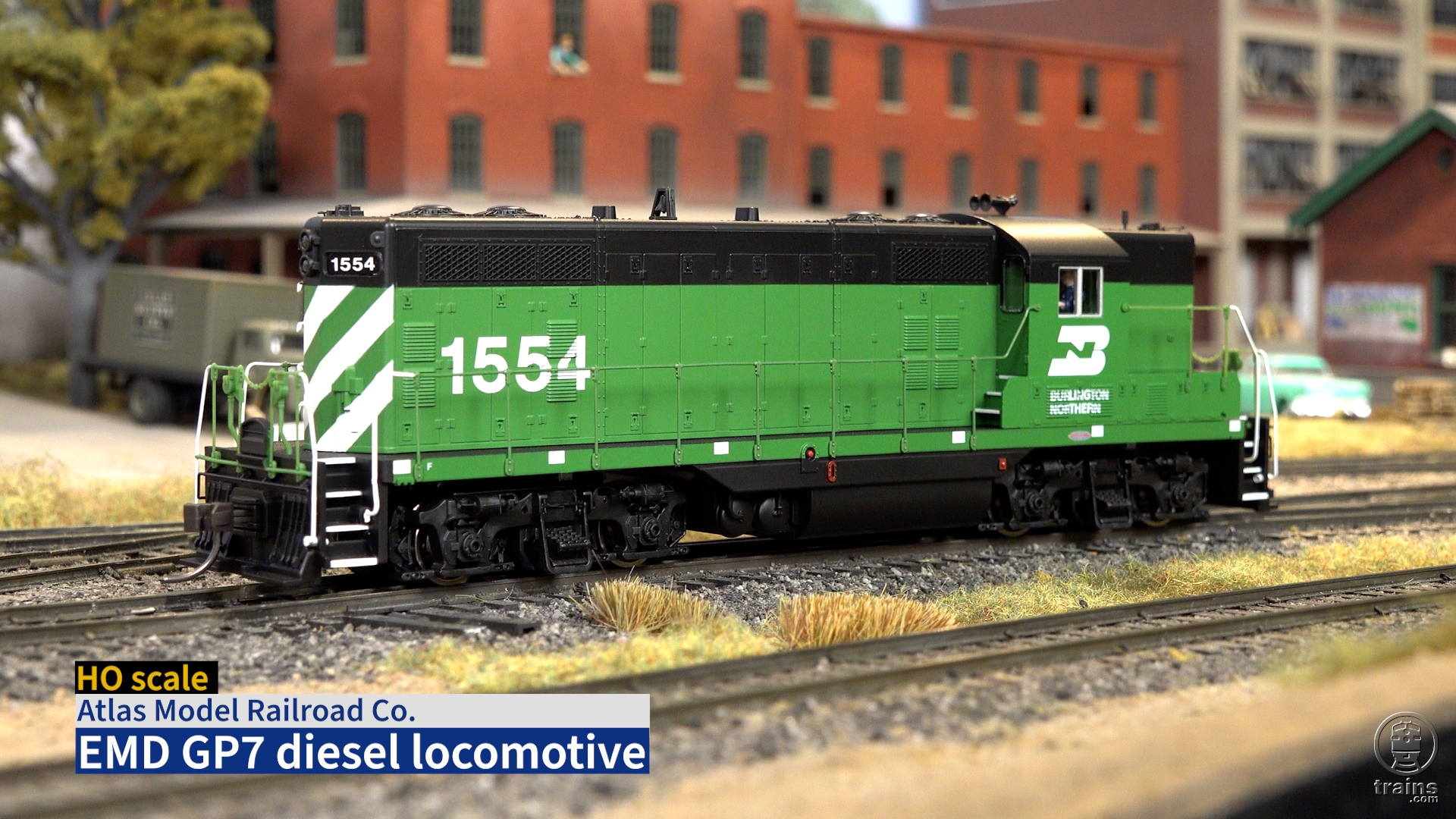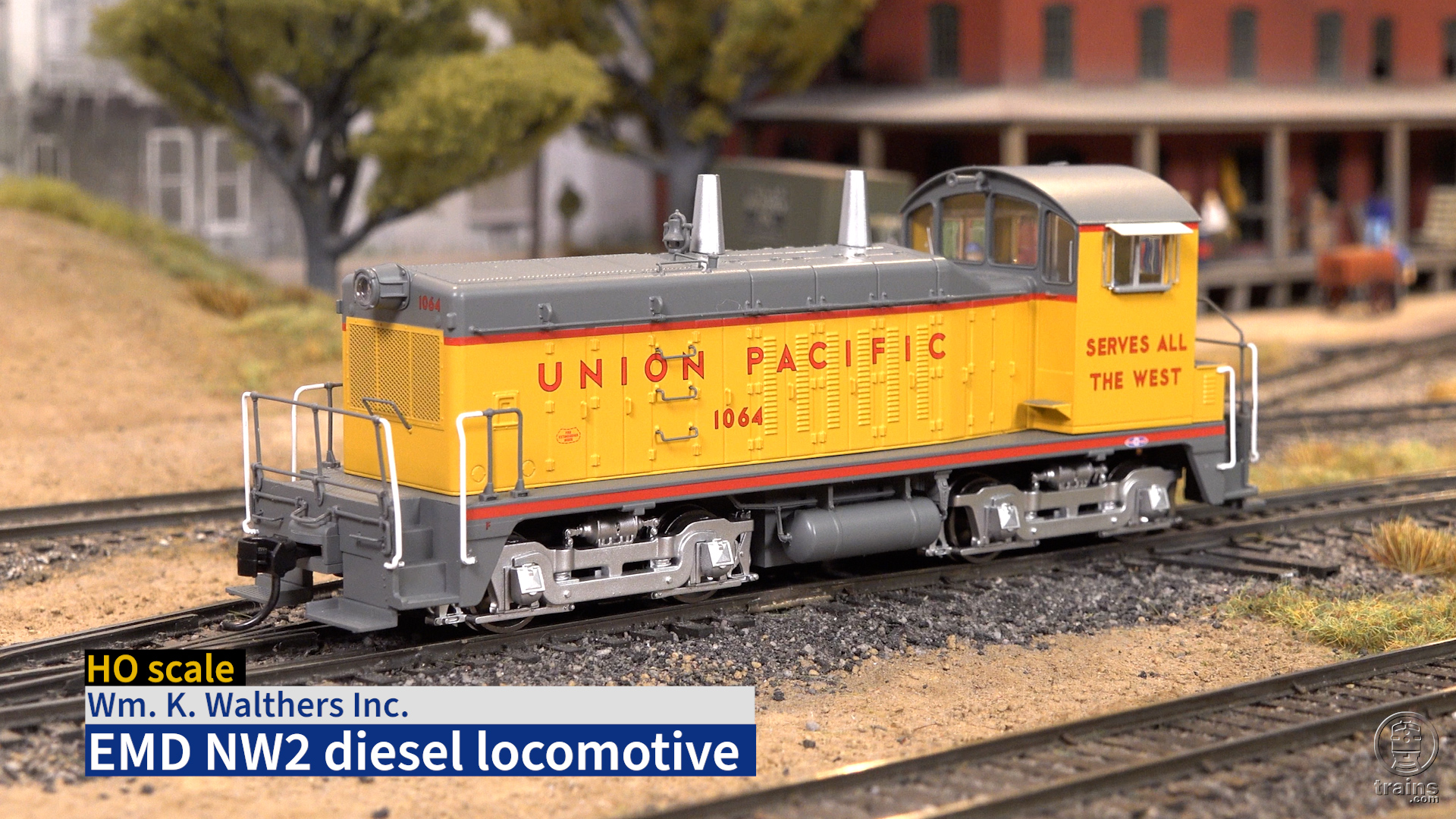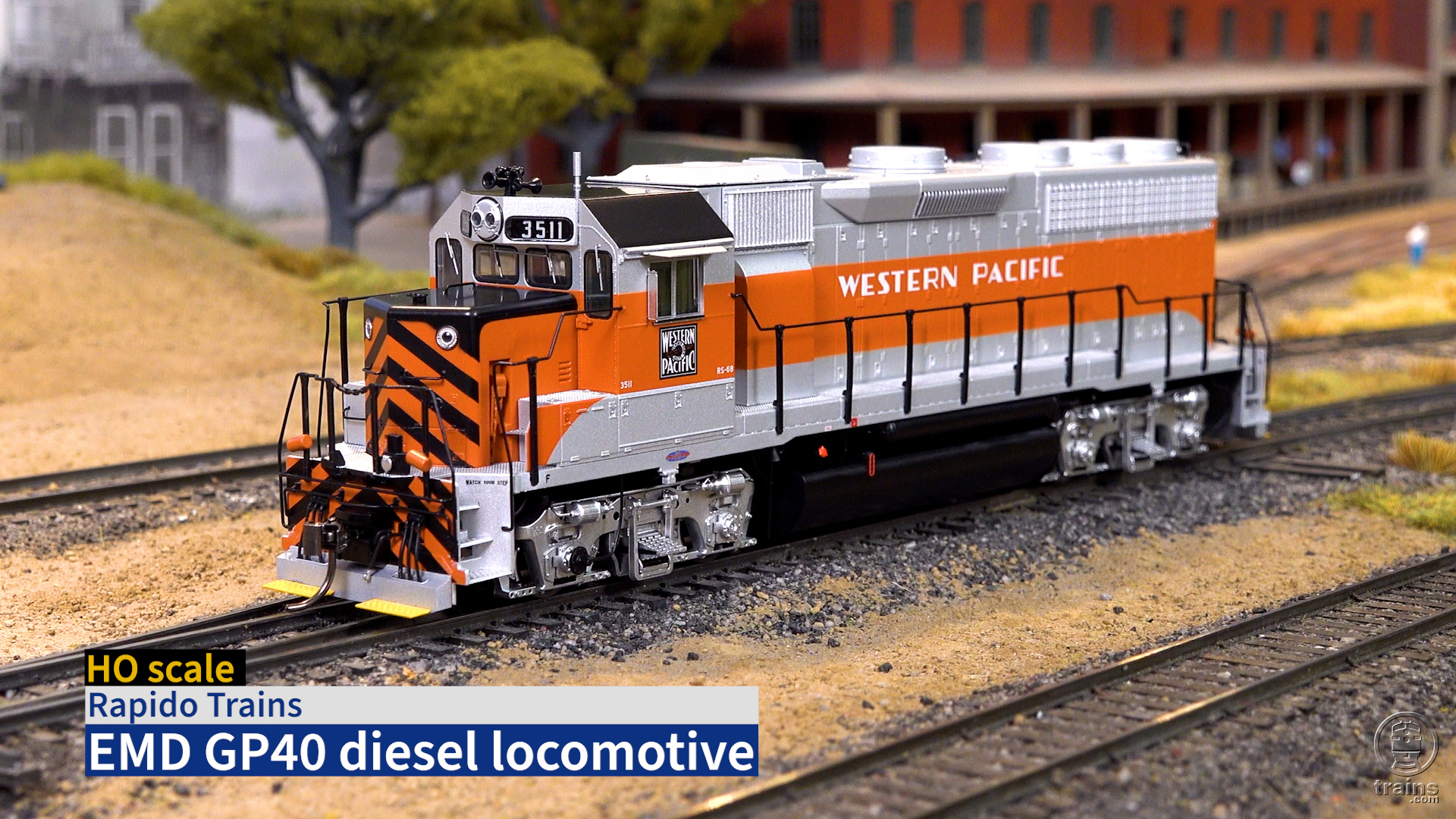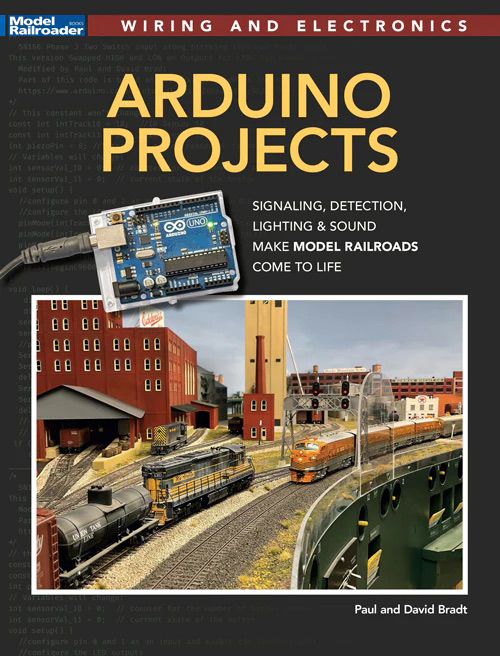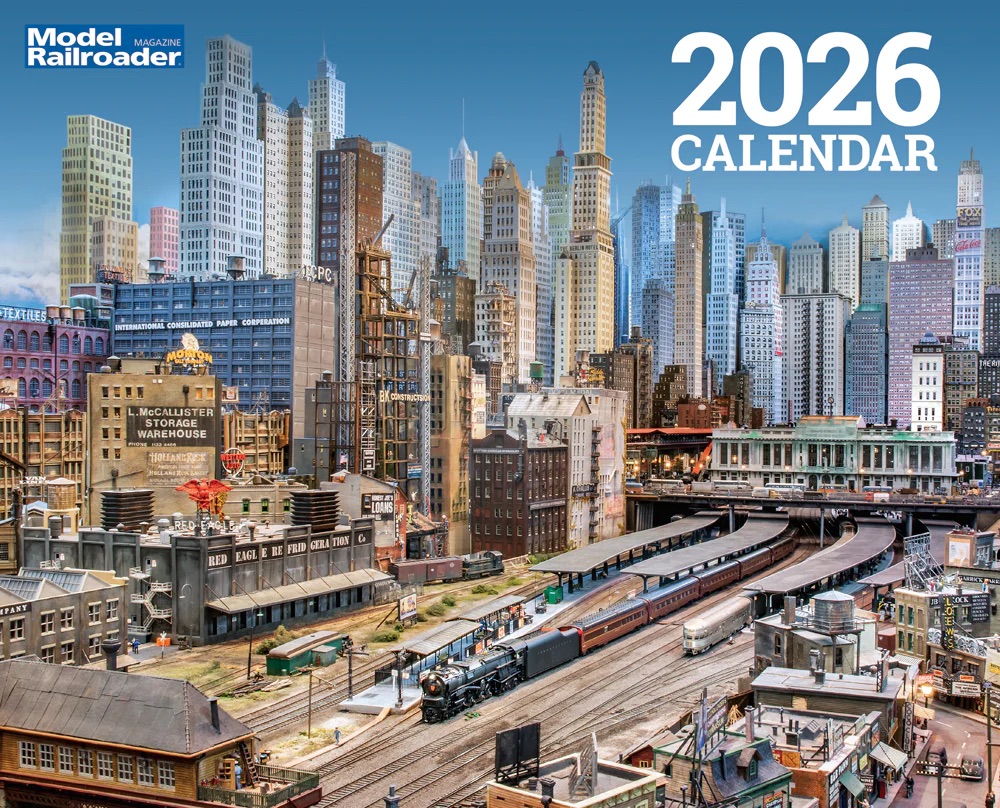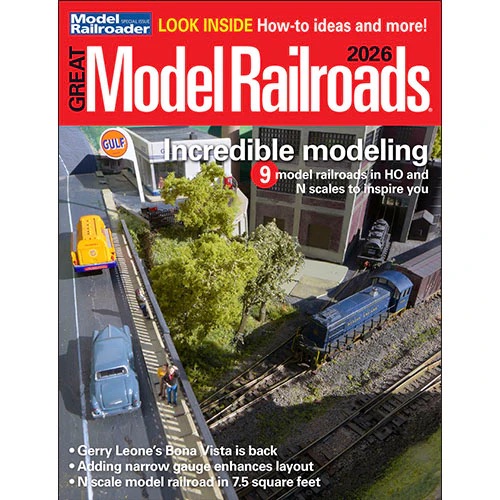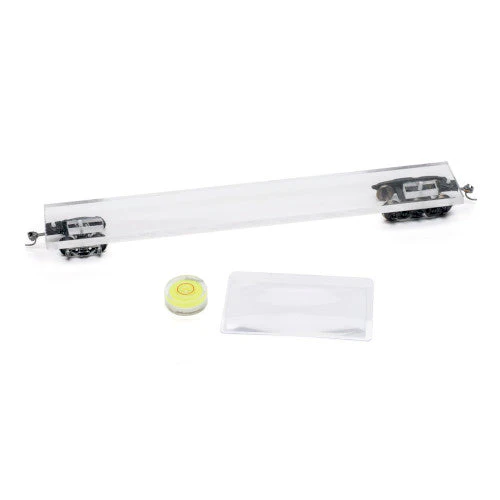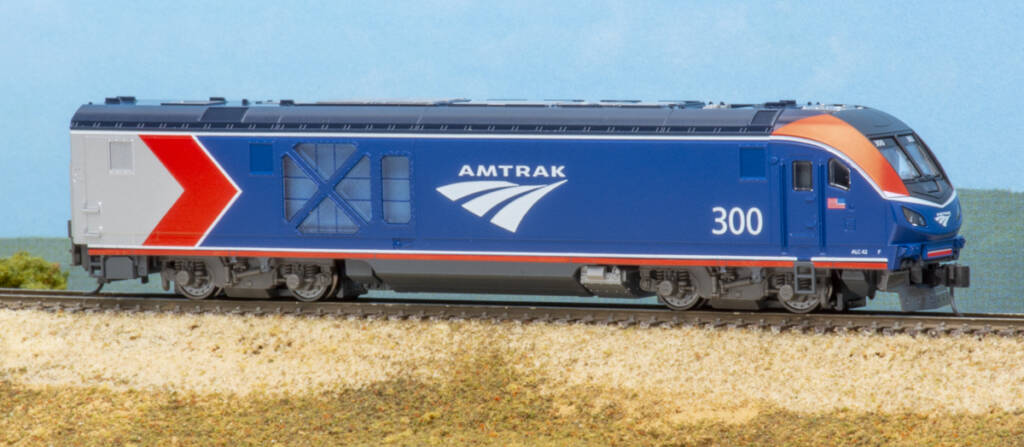
In the February 2024 issue of Model Railroader, we reviewed the direct-current version of the Siemens ALC-42 Charger diesel locomotive from Kato USA Inc. Recently, we received a sample of the modern passenger unit equipped with a SoundTraxx Tsunami2 TSU-KN2 sound decoder.
Prototype history
With an aging fleet of General Electric P40 and P42 diesel locomotives and changing emission standards, Amtrak began searching for new units to power its long-distance passenger trains. The solution? The Siemens ALC-42 Charger.
Amtrak ordered its new 4,200 hp passenger diesels in two batches — 75 in 2018 and 50 in 2022 — numbered 300 through 424. The passenger carrier took delivery of its first ALC-42 in June 2021; units 301 and 302 debuted in revenue service on the Empire Builder in February 2022. All 125 diesels are slated to be in service by 2029.
Model features
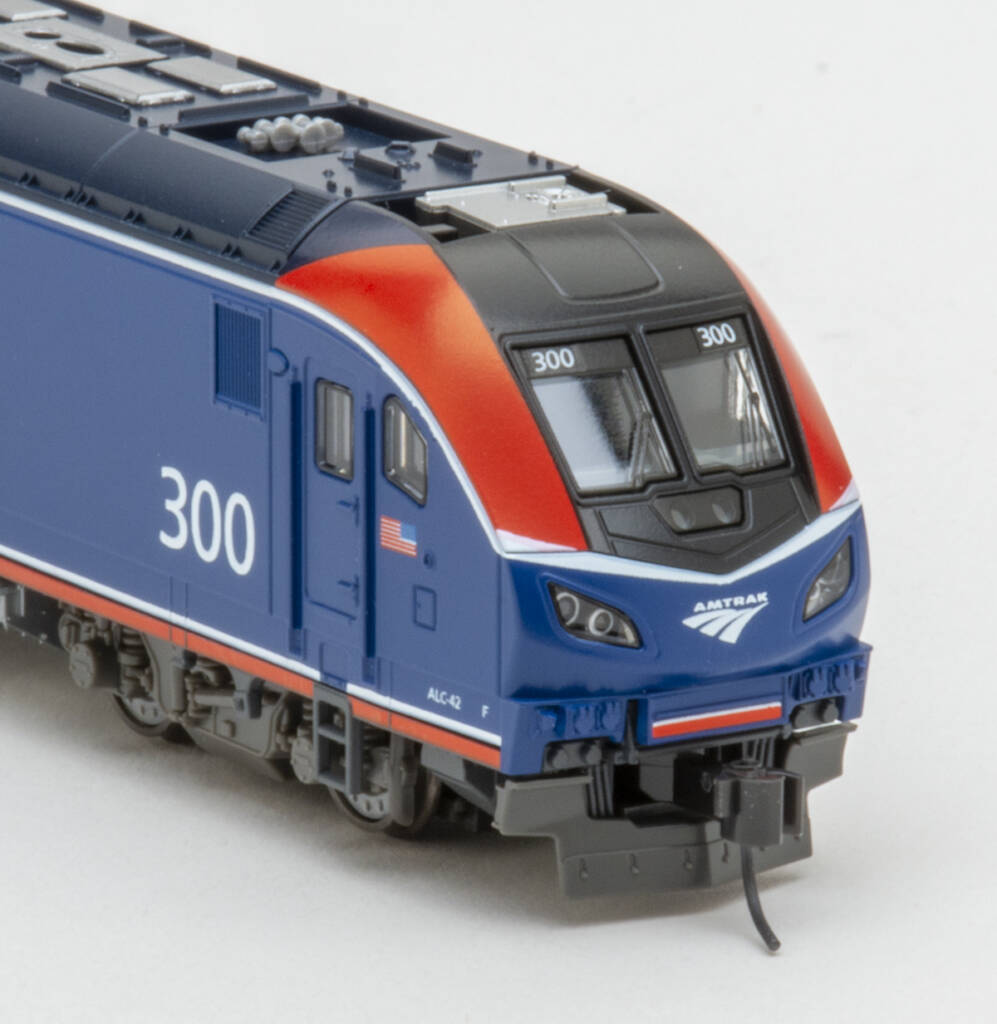
The shell on Kato’s ALC-42 is a multi-piece plastic assembly. Though many of the detail parts are molded, they’re finely rendered — check out the fan blade detail in the grills over the engine cooling compartment! For added realism, brush-paint the vertical handrails, kick plates below the doors, and the door handles to match the prototype.
Two interior plastic inserts (one on each side) are used for the cab windows and the side panels for the engine cooling compartment. The grill and frame detail is on the exterior of the glazing.
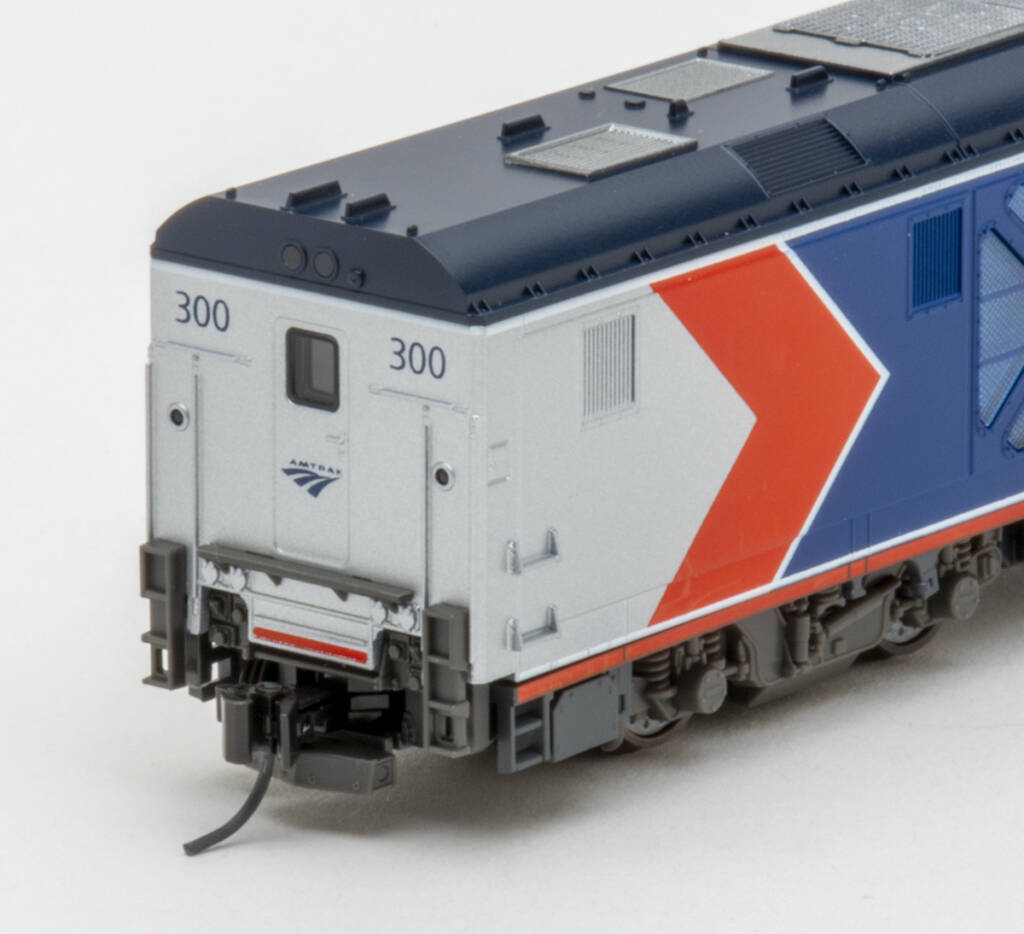
Of course, the big difference this time around is the decoder. The TSU-KN2 fits neatly on top of the split-frame mechanism. Two purple wires run from the decoder to the speaker in the fuel tank. The wire connections are soldered.
The list of default functions (F0 to F28) can be found in the Tsunami2 Digital Sound Decoder Diesel User’s Guide, available at soundtraxx.com. The decoder has many of the usual sound features, including the bell, horn, and coupler crash. Head-end power mode can be activated using F16.
The modern passenger diesel has light-emitting-diode (LED) lighting. When the locomotive is set to forward, activating F0 (headlights) also illuminates the number boxes and ditch lights. Unlike the prototype, the ditch lights don’t flash in an alternating pattern when the horn is activated; F7 is the headlight dimmer. Though there are red light tubes inside the shell for the front and rear markers, there are no LEDs on the decoder for them. Kato offers a lighting kit for the engine cooling compartment as item No. 11-211, sold separately.
George Bogatiuk III of SoundTraxx said there are solder pads near the front of the decoder that support LEDs if the modeler wants to separate the ditch lights for alternate flashing lights or control the number boxes independently. He also noted there are two pads for installing a capacitor.
On the test track

I tested the decoder-equipped model at the workbench with an NCE Power Cab. From the box, the default address is 03. At step 1, the model moved at 12 scale mph. At step 28, the Charger hustled down the test track at 131 smph. That’s slightly above the prototype’s top speed of 125 mph. The ALC-42 has a drawbar pull of .8 ounce, equivalent to nine free-rolling passenger cars on straight and level track.
The addition of a SoundTraxx decoder takes the Kato passenger unit to the next level. With extra solder pads, modelers can dial in the light effects to match the Chargers found on today’s Amtrak trains.
Facts & features
Price: Direct current, $140-$150; Digital Command Control motor decoder, $230-$250; and DCC and sound, $340-$350
Manufacturer
Kato USA Inc.
100 Remington Rd.
Schaumburg, IL 60173
katousa.com
Era: April 2021 to present (as decorated)
Road names: Amtrak (Phases 6 and 7 in three road numbers each, Day One scheme in one number).
Features
- Body-mounted Kato knuckle couplers, .010″ low on both ends
- Metal wheel stubs mounted on plastic drive axle gears, in gauge
- Weight: 4.4 ounces






